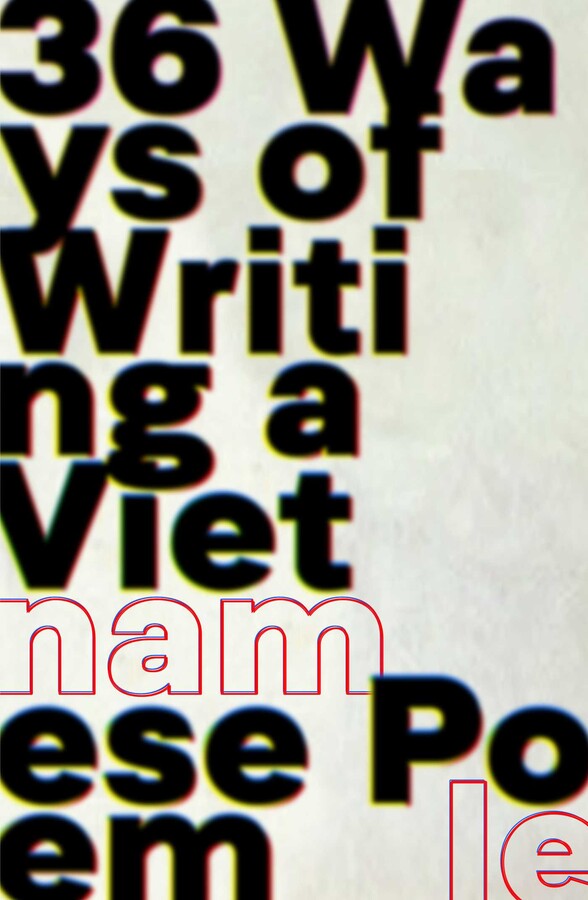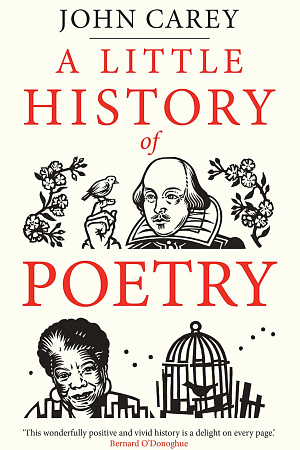‘At least I’ve told these stories to you’
What was the best decision Brian Johns ever made?
In 2005, Johns – legendary leader of Penguin Books Australia, publisher of Elizabeth Jolley, Thea Astley, Frank Moorhouse, and so many others, and later managing director of the ABC and SBS – nominated his publication of the Buru Quartet, by Indonesian author Pramoedya Ananta Toer. Johns was speaking at an event for Pramoedya’s Indonesian editor and publisher Joesoef Isak, who was receiving the inaugural PEN Keneally Award for publishing. This may have been a case of politeness on Johns’s part, but there are reasons to think this was likely a more considered assessment.
The Buru Quartet of novels represents one of the great achievements of world literature. This would be so if they were written and published in ‘ordinary’ circumstances. On the contrary, composed and released under the most extraordinary conditions, they were the result of startling creativity, idealism, courage, and vision. The Buru novels also hold special significance for Australia, though few Australians have heard of them. They were translated into English by an Australian, Max Lane, who met Pramoedya as an embassy official in Jakarta at the start of the 1980s.1 Unusually, as Lane relates in his recent account, which I draw on throughout this essay, the novels were initially published into the English language market from Australia, with circulation primarily in Australia and Southeast Asia, via Penguin’s Singapore office.2 The novels effectively humanise Indonesia and even help to ‘explain’ this nation, Australia’s close neighbour and the fourth-largest nation in the world by population. They show the creative process by which Indonesia was brought into being and of the visionary leader instrumental in bringing it into being. Finally, these novels, and the story of their publication, reveal much about the nature of colonial power which we, as a colonial or postcolonial society, could learn from if we were not so attuned to listening only to the perspectives of the imperial centre.
Continue reading for only $10 per month. Subscribe and gain full access to Australian Book Review. Already a subscriber? Sign in. If you need assistance, feel free to contact us.









Leave a comment
If you are an ABR subscriber, you will need to sign in to post a comment.
If you have forgotten your sign in details, or if you receive an error message when trying to submit your comment, please email your comment (and the name of the article to which it relates) to ABR Comments. We will review your comment and, subject to approval, we will post it under your name.
Please note that all comments must be approved by ABR and comply with our Terms & Conditions.